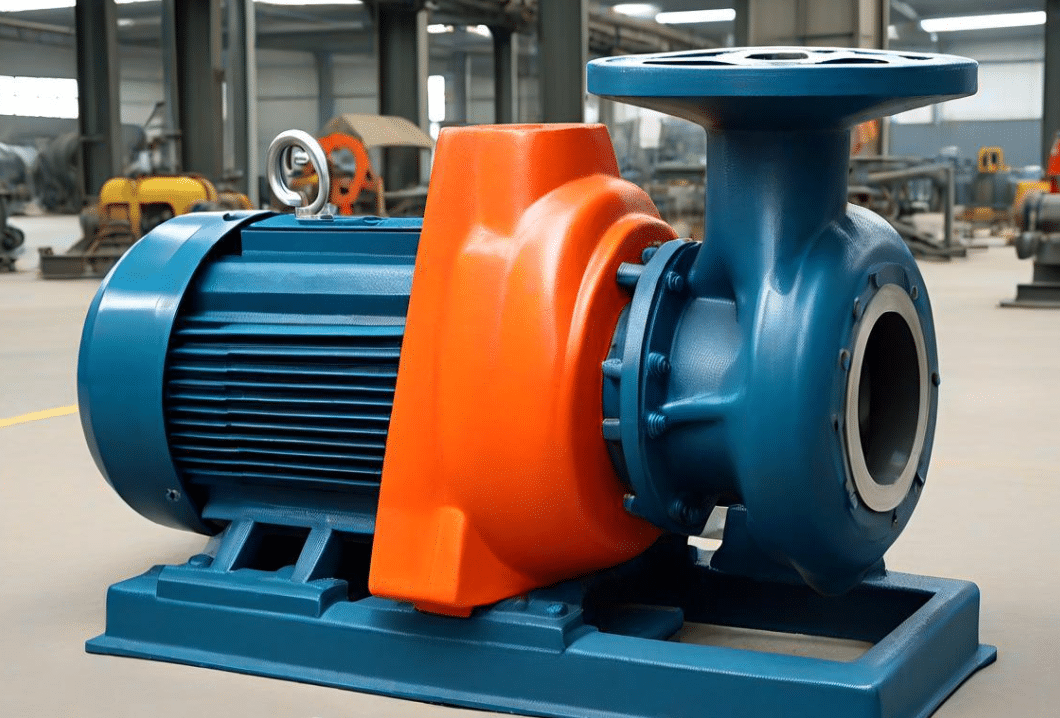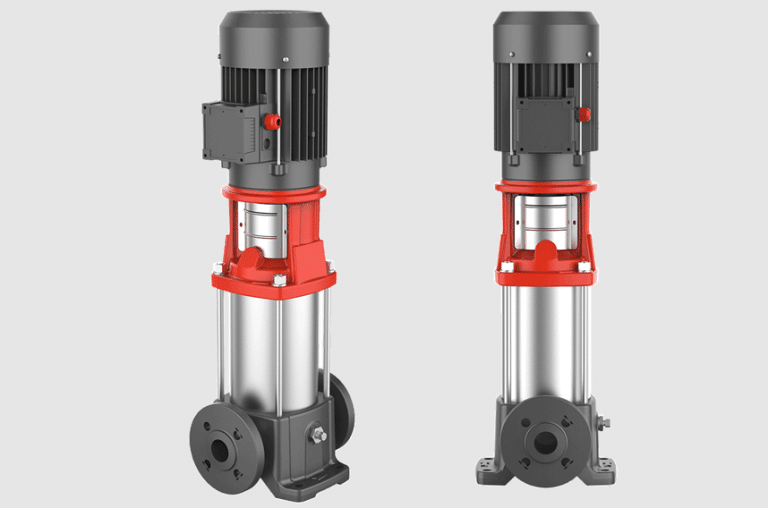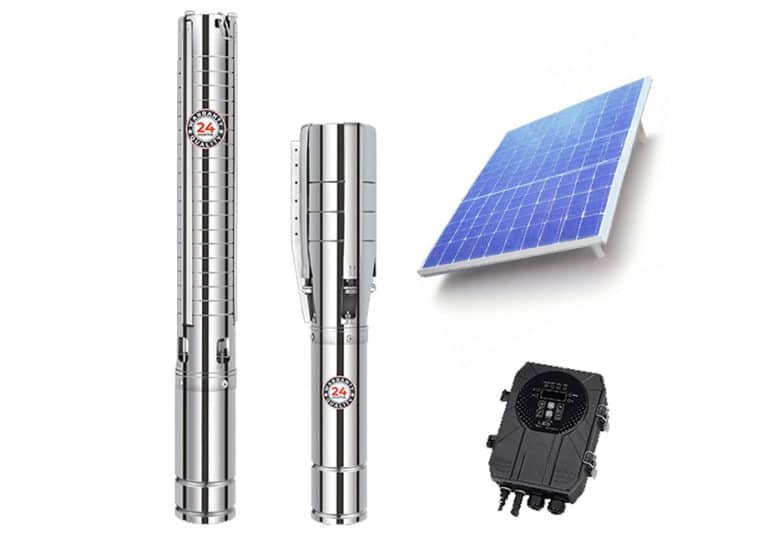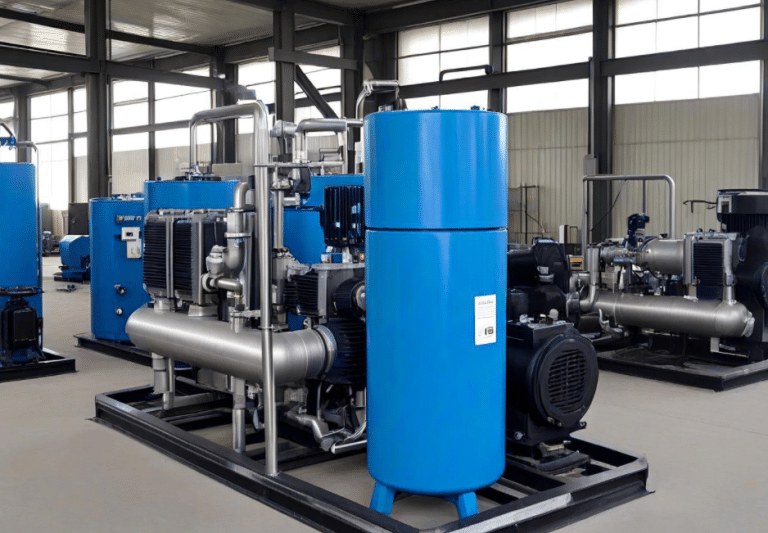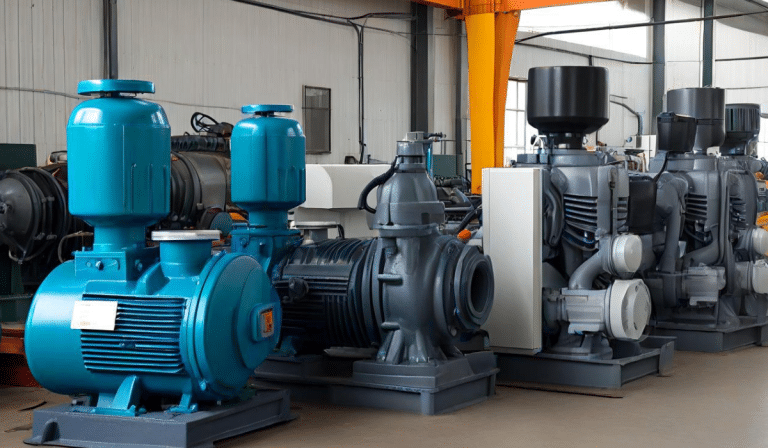Working principle of centrifugal pump
Centrifugal pump refers to the centrifugal force generated when the impeller rotates to transport liquid pump. Centrifugal pump is a common fluid conveying equipment.
Working principle
The working principle of the centrifugal pump is that the motor drives the impeller to rotate at a high speed through the pump shaft, so that the liquid is thrown to the outer edge of the impeller under the action of centrifugal force, and flows through the volute into the pressure water pipe of the pump, so as to achieve the liquid transportation. When the liquid is thrown to the outlet of the impeller, a low pressure is formed at the center of the inlet of the impeller. Under the action of this pressure difference, the liquid in the suction tank continuously enters the impeller through the suction pipe and the suction chamber of the pump, forming a continuous liquid transportation process.
Main performance parameters
- Flow rate: indicates the volume of liquid transported by the pump per unit time.
- Head: indicates the height or pressure difference of the liquid being transported.
- Power: Indicates the power input or output of the pump.
- Efficiency: indicates the ability of the pump to convert the input mechanical energy into liquid energy.
- Speed: indicates the rotation speed of the pump shaft, expressed by N, and the motor speed N is generally about 2900 RPM.
- Cavitation margin: The main parameter indicating the performance of the pump, expressed by the symbol Δhr, in meters of liquid column.
Type
There are many types of centrifugal pumps, which can be divided into the following types according to different classification standards:
- Single-stage centrifugal pump: suitable for low pressure, large flow occasions, simple structure, easy maintenance.
- Multistage centrifugal pump: by connecting multiple impellers to increase the head, suitable for high pressure transmission scenarios, such as high-rise building water supply, long distance pipeline water transmission.
- Self-priming centrifugal pump: with self-absorption ability, no external water diversion device, suitable for the first start or liquid level changes large occasions.
- Corrosion resistant centrifugal pump: made of special materials, used to transport corrosive liquids, such as acid and alkali solutions, to ensure long-term stable operation of equipment.
Advantages of centrifugal pump
The reason why centrifugal pumps can be widely used in many fields is mainly due to its unique advantages:
- Simple structure: centrifugal pump is mainly composed of impeller, pump shell, shaft and bearing and other components, the structure is relatively simple. This makes it cheap to manufacture and maintain, and easy to operate and repair.
- High efficiency and energy saving: The centrifugal pump has an efficient hydraulic shape line, which can efficiently convert the mechanical energy into the pressure energy of the liquid, so as to achieve high efficiency liquid transportation. This helps to reduce energy consumption and improve energy efficiency.
- Smooth operation: the centrifugal pump has low vibration and low noise during operation. This makes it suitable for use in a variety of environments without causing disturbance to the surrounding environment.
- Uniform flow: Centrifugal pumps can provide a stable flow and pressure, which is very important for applications that require a stable flow output. For example, in fire fighting systems, stable flow and pressure can ensure fire suppression effectiveness.
- Easy to adjust: the flow rate and head of the centrifugal pump can be adjusted by changing the impeller speed or replacing the impeller with different specifications. This makes it highly flexible in practical applications and can be adjusted according to actual needs.
- Wide range of applications: centrifugal pumps can transport clean water, sewage, seawater, oil and chemicals and other liquids. This makes it widely used in municipal engineering, agricultural irrigation, industrial production, ships and other fields.
Application field
Centrifugal pumps are used in a wide range of applications, covering all situations where liquid delivery is required, including but not limited to:
- Agriculture: Used for irrigation, drainage, etc.
- Industry: Used in chemical, metallurgical, petroleum, pharmaceutical, food and other industries to transport a variety of liquid raw materials, semi-finished products and finished products.
- Building: Used for water supply, drainage, fire and other systems.
- Municipal: Used for urban water supply, drainage, sewage treatment, etc.
- Energy: Used in power, heat and other industries to cool circulating water and boilers

